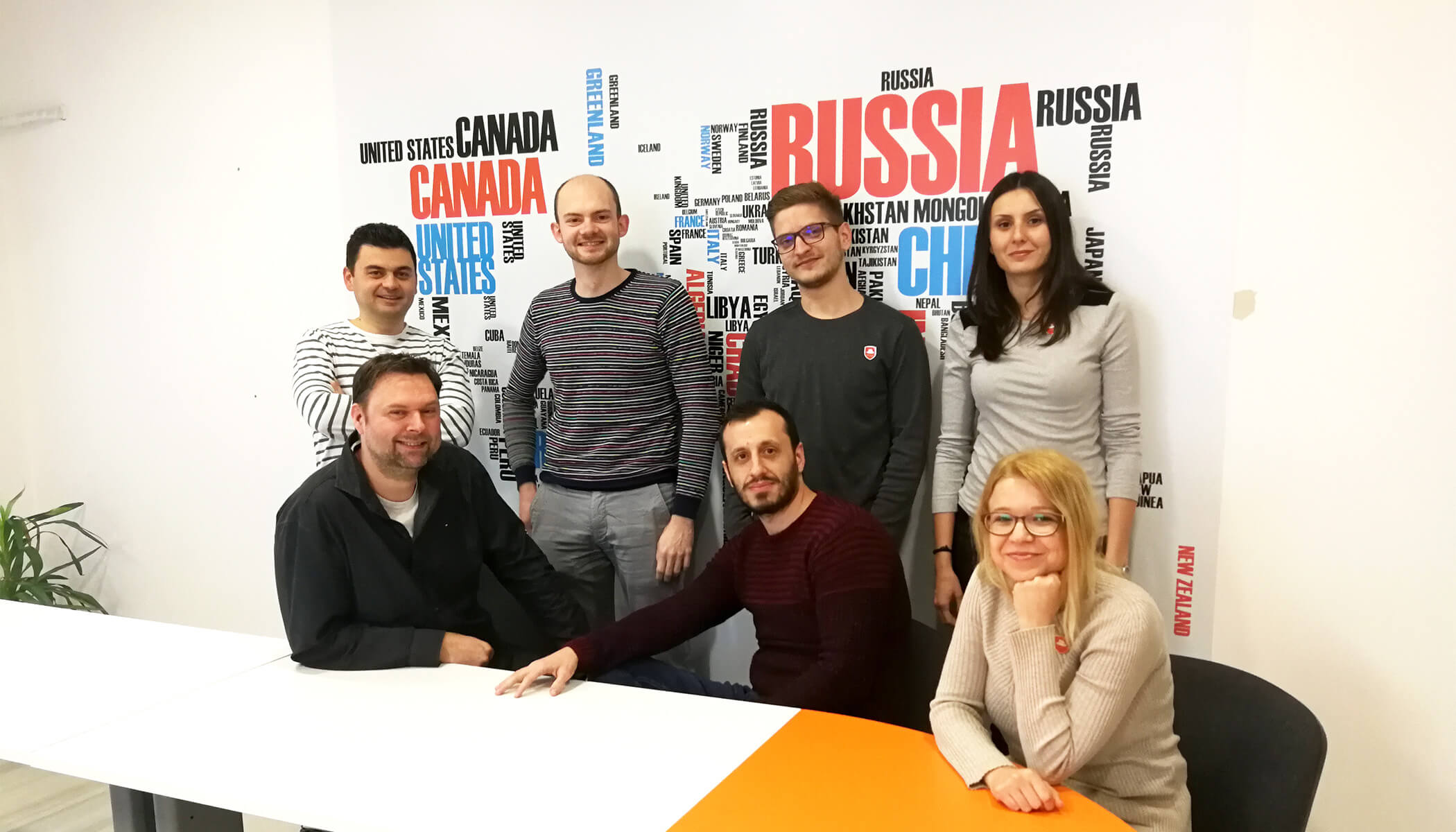Wide range of sectors
We have clients in different sectors:
E-learning
Health
Government
Automotive
Internet concepts
Dating
Client profile

80% of our clients have their own software application. From our experience, this brings the most success to our collaborations, since you can invest with us in your developers long term. The knowledge is not lost this way and you can build on the personnel in North Macedonia.
The size of our clients vary from organizations with 100 employees to entrepreneurs that run their IT department in North Macedonia.
Our clients:




